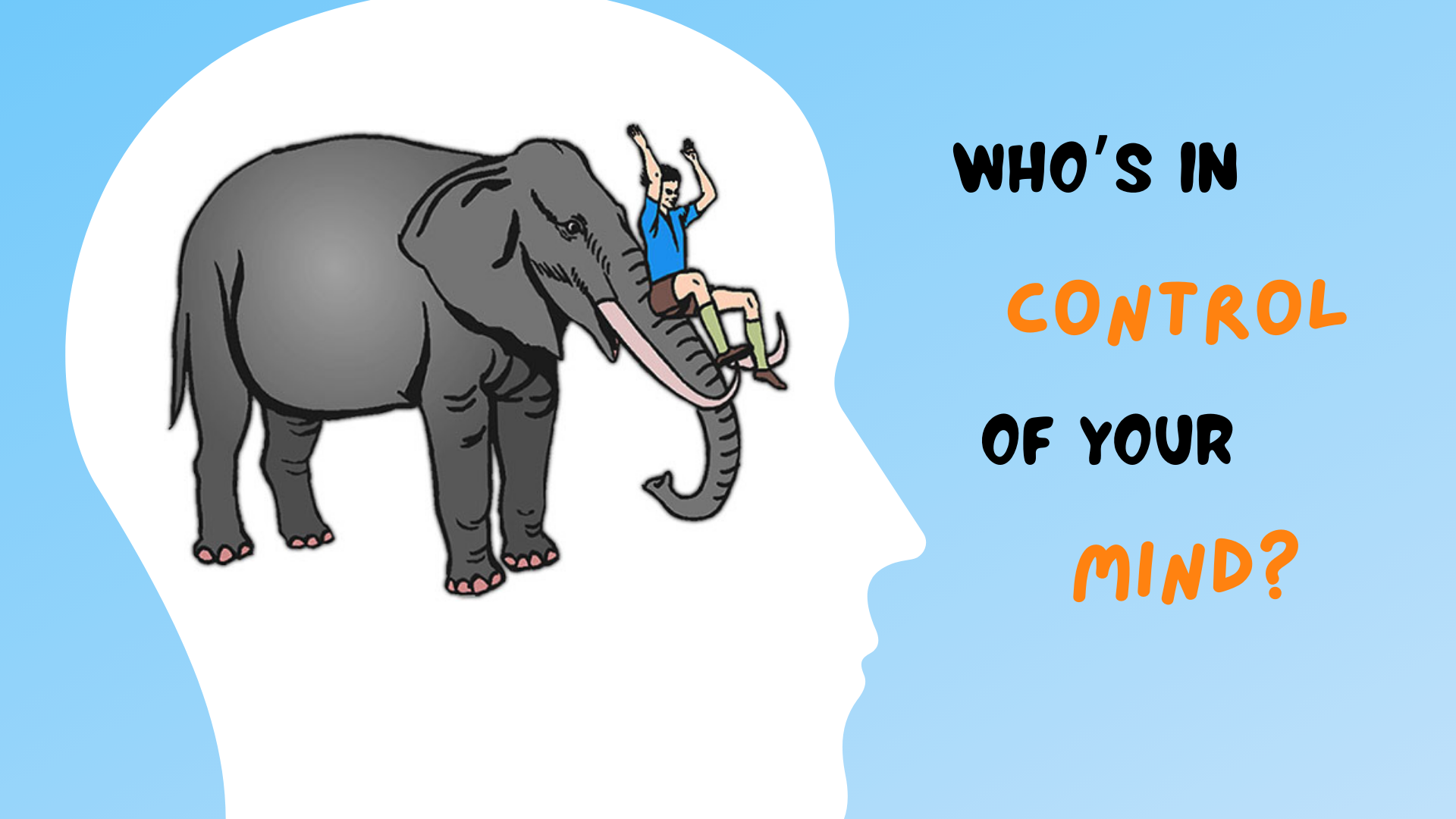The Bahá’í Faith, with its profound emphasis on the unity and equality of all people, especially underscores the essential role of women in contributing to the development of society. A salient aspect of this discussion lies in the concept of intuition, particularly women’s intuition, a term that conjures various images and implications. Is intuition—a seemingly innate faculty—worthy of our trust? This inquiry invites a metaphorical exploration, likening intuition to an elephant directed by a rider, where the rider embodies rational thought and the elephant represents the vast, often uncharted territory of emotional and instinctual knowledge.
At the foundation of Bahá’í teachings is the idea that every individual possesses the capability to comprehend truth and discern reality. This innate ability is not limited by gender. The teachings articulate a vision where the contributions of both women and men are paramount in realizing a just and harmonious world. Women’s intuition, characterized by a unique blend of emotional intelligence and perceptive insight, can be likened to that intuitive rider on the profound and untamed elephant of human experience. This metaphor encapsulates the interplay of rational judgment and instinctive knowledge, prompting a deeper examination of how intuition can guide decision-making, particularly among women.
Indeed, intuition often arises from a multitude of life experiences, cultural contexts, and social interactions. Women, historically attuned to the nuances of social dynamics, can leverage their intuitive faculties as a potent tool in both personal and professional spheres. However, the Bahá’í perspective encourages a critical examination of such intuitions, urging individuals to verify their inner promptings against reasoned analysis. In this context, intuition does not operate in a vacuum; it is a harmonized dialogue between the heart and the mind.
The Bahá’í teachings promote consultation as a means of reaching collective understanding. Engaging in dialogue does not negate intuition; rather, it enriches it. When women articulate their intuitive insights within a collaborative framework, one cultivates an environment that values diverse perspectives. Through consultation, intuition can be scrutinized, contextualized, and appreciated within a broader spectrum of rational thought. This approach mitigates the tendency to view intuition as merely whimsical, elevating it to a more esteemed position as a reflective element of wisdom.
Another dimension of the Bahá’í worldview that influences the perception of women’s intuition relates to the intrinsic qualities attributed to women in the teachings. The concept of “the feminine principle” is celebrated in Bahá’í doctrine, recognizing qualities such as nurturing, compassion, and the ability to understand human emotions, which are often tied to intuitive processes. These attributes are essential for effective leadership and community-building, further validating the importance of women’s voices and perspectives in the tapestry of human development.
This acknowledgment compels society to reassess preconceived notions around intuition. While historically, women’s intuition has often been dismissed or trivialized, the Bahá’í lens illuminates its significance. It compels an appreciation of how intuition can serve as a catalyst for action, especially in times of crisis or uncertainty. Trusting one’s intuition does not entail a blind leap; rather, it should be conceived as a guided experience where innate understanding melds with thoughtful analysis.
There exists a dichotomy between instinctive knowing and judicious reasoning. Neuroscientific studies affirm that intuition is informed by subconscious processing of information accumulated over time, which suggests that it can be both accurate and trustworthy when cultivated correctly. In a society that often prioritizes logical reasoning, Bahá’í principles encourage a re-evaluation of this binary approach. Women, positioned as custodians of familial and communal bonds, can foster a deeper understanding of the complexities of the human experience through both intuitive insight and rational discourse.
Nonetheless, caution must be exercised. The Bahá’í faith emphasizes the pursuit of truth and the avoidance of delusion. Women and men alike are called to discern whether their intuitions stem from genuine understanding or are influenced by biases, fears, or external societal pressures. This reinforces the importance of self-reflection and personal growth, which can be facilitated through prayer and meditation—practices that nurture one’s connection to a higher source of wisdom.
Moreover, hypnosis, shrouded in enigmatic allure, suggests that intuition can be further refined through techniques that enhance emotional clarity and insight. The cultivation of mindfulness fosters space for intuitive understanding to manifest; it assists individuals in listening intently to their internal compass, thus enhancing the quality of decision-making.
Women’s intuition, then, becomes an indispensable element for navigating the complexities of life. It burgeons when aligned with collective wisdom and rational thought. As individuals traverse life’s labyrinth, the judicious interplay between the rational rider and the instinctual elephant can lead to profound insights. Just as the elephant embodies power and raw emotion, allowing it to lead can result in uncharted territories of understanding and growth.
In conclusion, the discourse surrounding women’s intuition invites us to explore its depths within the framework of Bahá’í teachings. Trusting one’s intuition is tantamount to harnessing a deep, inherent knowledge while remaining vigilant, ensuring that thought, reason, and consultation complement emotional truth. The Bahá’í teachings urge a synthesis of these elements in the quest for a more equitable world, ultimately highlighting the critical role women play in the progression of humanity. Therefore, embracing the insights offered by women’s intuition, when aligned with discernment and rationality, can yield transformative change. A society that values this duality fosters a deeper understanding of the divine attributes present within every individual, creating a tapestry of unity and strength for all.
